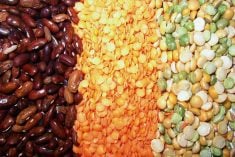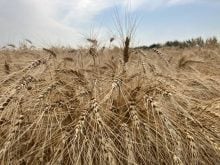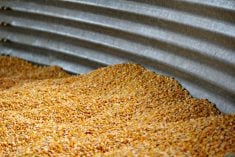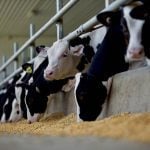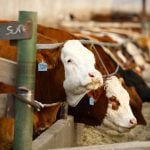Uncertainty from a typo that led milling wheat growers on Prince Edward Island to believe their grain would be rejected is expected to end with an agreement between the affected grain handler and flour miller.
A recent misprint in a memo from Halifax-based Dover Mills to the P.E.I. Grain Elevators Corp. (PEIGEC) misstated the acceptable level of deoxynivalenol (DON) in milling wheat, leading growers to believe that grain infected with fusarium, which produces DON, would not be accepted for milling.
According to news reports, farmers took the original memo to mean either Dover Mills or the Canadian Food Inspection Agency had changed its DON standards. Having experienced higher levels of fusarium this year, farmers thus began dumping what CBC described as “thousands of tonnes of wheat” in their fields.
Read Also
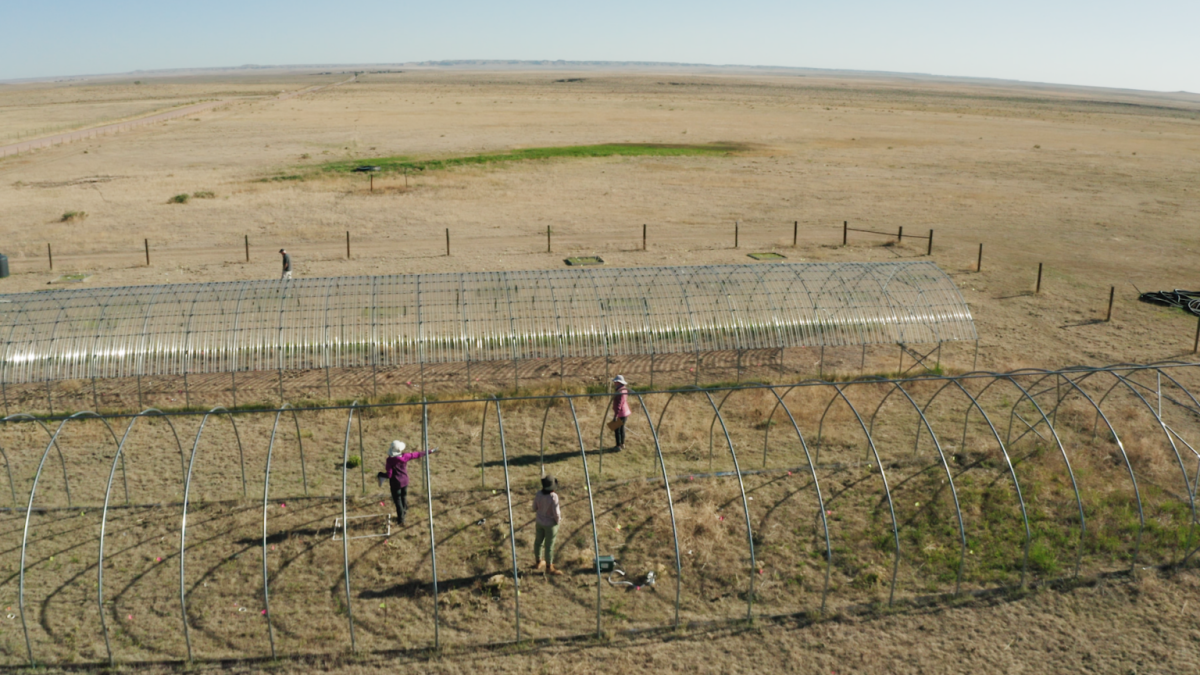
Prolonged drought causes unprecedented productivity loss: Study
Colorado State University — Extreme, prolonged drought conditions in grasslands and shrublands would greatly limit the long-term health of crucial…
However, acting P.E.I. agriculture minister Wes Sheridan said Wednesday, “without minimizing the impact on individual producers, the extent of losses has been greatly exaggerated.”
Though it’s been a “difficult” season for many growers, he said, “I am confident that the milling wheat industry in this province can continue to progress.”
Dover Mills, he said, has since taken “full responsibility for the mistake.”
Producers, he said, will get full payment for milling wheat in storage at PEIGEC’s facilities at Kensington, Roseneath and Elmsdale that had previously been deemed not to meet DON standards.
PEIGEC, the province said, will also accept feed wheat which meets current grade levels.
“Those few producers who diverted their crop to other uses will have their cases considered on a one-to-one basis,” the province said, and PEIGEC “will also work with the industry to seek salvage markets for crops destined for destruction.”
Enrolled producers can also expect to get Production Insurance payments for crops which were well above accepted DON standards. About 95 per cent of the 27,000 acres of wheat in question were covered by Production Insurance, the province said.
“I am pleased that this issue has been resolved and that the industry can continue to move forward,” Sheridan said Wednesday. “It is unfortunate that this became an issue in the first place, and it should never have happened. The department will be taking the appropriate steps to resolve any outstanding problems.”




